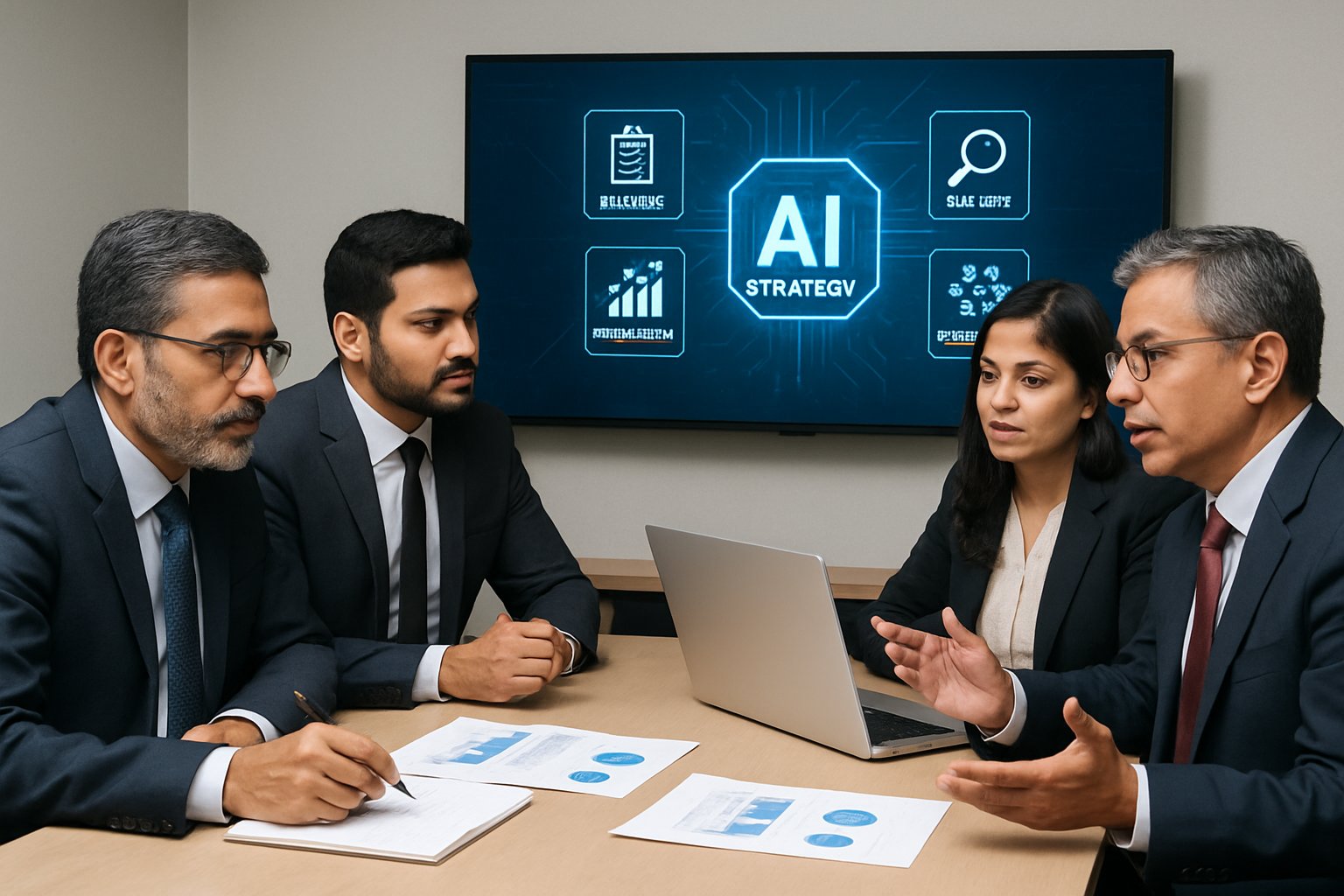Quick Take
- McDonald’s scaling AI from 400 to 40,000 locations globally by 2027
- Hyderabad hub creating 2,000 tech jobs for global operations
- Order verification AI expanding to sales forecasting and pricing
- Previous drive-thru AI scrapped after performance failures
- Investment prioritizes technology infrastructure over headcount
McDonald’s has announced a sweeping artificial intelligence expansion targeting 40,000 restaurants by 2027, with India’s Hyderabad set to become the global technology hub and create 2,000 specialized jobs. According to Benzinga and AInvest, this marks one of the restaurant industry’s most aggressive technology transformations, reshaping McDonald’s into a data-driven operation beyond traditional food service.
“We’re still in the early stages, so it’s hard to pin down the exact investment,” said Deshant Kaila, McDonald’s head of Global Business Services operations, as reported by AInvest.
India Becomes Global Technology Command Center
The Telangana government has confirmed McDonald’s will establish its largest global capability center outside the United States in Hyderabad. This facility marks a strategic evolution from India’s traditional cost center role to becoming a genuine innovation powerhouse.
McDonald’s has operated in India since 1996, currently running hundreds of restaurants nationwide. The new center will support the parent organization across multiple business domains while building the company’s core AI team.
The 2,000 new positions will concentrate on advanced analytics, machine learning development, and global technology governance rather than conventional outsourcing roles.
Technology Investment Over Personnel Expansion
McDonald’s strategy emphasizes technology infrastructure spending over workforce growth, signaling an automation-focused efficiency drive. The company is expanding AI applications beyond order verification into sales forecasting and dynamic pricing strategies.
Advanced analytics tools now evaluate product performance across markets, while a personalized mobile application delivers tailored content across different countries. This approach enables McDonald’s to adapt quickly as consumer expectations evolve globally.
The company is also considering establishing another global office in Poland, mirroring successful operations in India and Mexico for geographic diversification.
Competitive Advantages and Market Impact
McDonald’s AI implementation delivers measurable operational benefits. The order verification system significantly reduces errors while improving customer satisfaction and streamlining restaurant workflows.
Sales forecasting capabilities optimize inventory management and staffing decisions, while data-driven pricing strategies respond dynamically to market conditions. Product performance evaluation enables faster menu optimization and innovation cycles.
This technology-first approach creates a scalable growth model, achieving operational improvements without proportional personnel cost increases—particularly valuable in competitive market environments.
Learning from Implementation Challenges
According to Fox Business, McDonald’s previous AI initiatives have produced mixed results. The company scrapped a drive-thru voice-ordering system last summer after franchisees reported the technology failed to meet expectations during early trials.
This experience emphasizes thorough testing requirements before widespread deployment. The significant infrastructure investment poses financial considerations, while cultural and linguistic variations may impact AI system performance across diverse regions.
Strategic Implications for Global Business
McDonald’s approach demonstrates how established companies can leverage emerging technologies while balancing innovation ambitions with practical implementation realities. The focus on India as a development hub reflects the country’s evolving tech capabilities beyond traditional low-cost outsourcing.
The emphasis on technology over headcount expansion offers other organizations a blueprint for digital transformation. McDonald’s integration of customer feedback into AI-driven product development provides insights for combining human creativity with machine capabilities.
This hybrid approach often produces more market-relevant solutions than purely automated systems, offering a practical framework for organizations pursuing similar technology initiatives while maintaining competitive positioning in rapidly evolving markets.






